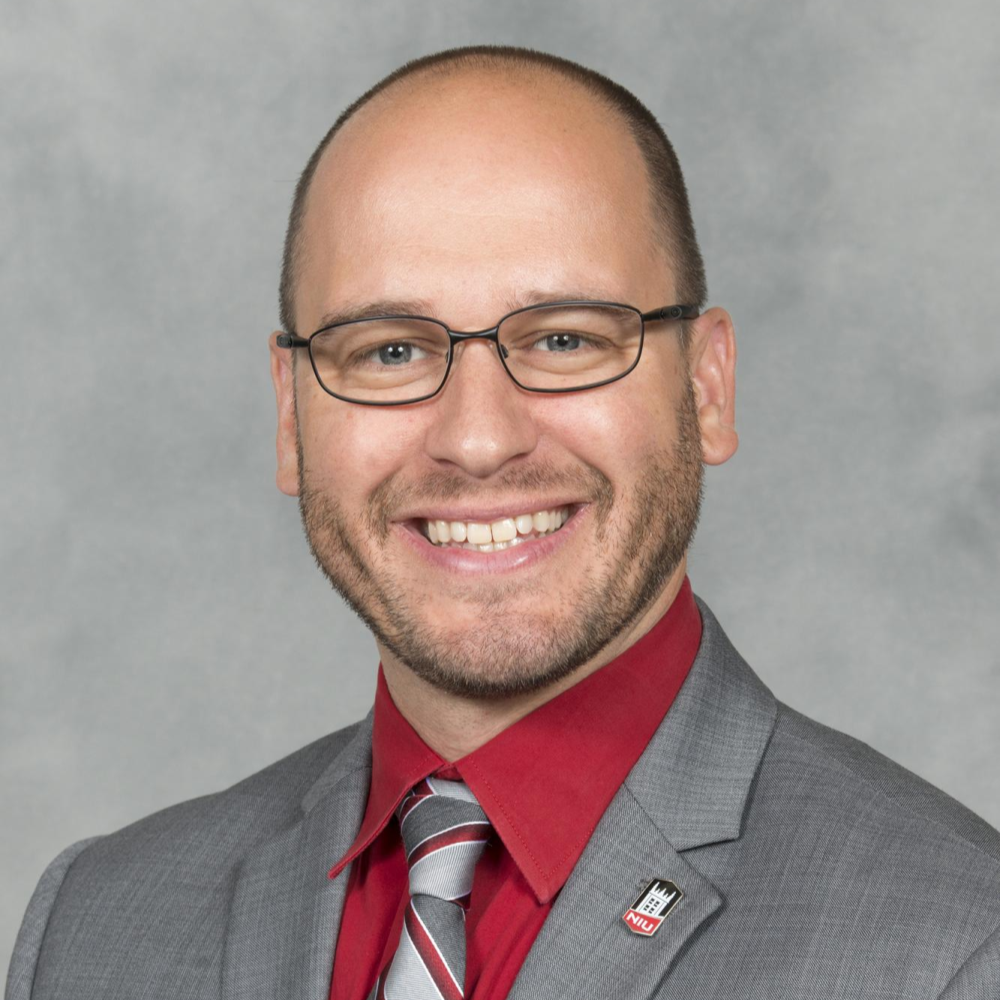
Video-Based Proctoring: Low Cost Option Using 360 Degree Cameras
Abstract:
A 360-degree camera is a low-budget method of creating a video-based proctored practical examination. This method was used within athletic training courses that required practical examination assessments. The cameras were mounted from the ceiling in the athletic training laboratory and with the assistance of the standardized patient, the student's practical examination was recorded. Similar to other methods of video-based proctoring, the athletic training student was alone with the standardized patient to complete the skills necessary for the practical examination to aid in the representation of a true clinical environment. As in professional practice, the patient is one-on-one with the clinician. Following the practical examination, the video was uploaded to the computer and the instructor on record was able to review the video and score the practical examination based on a unique rubric specific to that practical exam. This proctoring and assessment was able to be done via alternate location and time at the convenience of the instructor. Use of recording of practical examinations allows the environment to be more realworld as well as allowing for increased efficiency in assessment evaluation, feedback and reflection. The 360-degree cameras are used for proctoring practical examinations, but can also be used to record interprofessional mass casualty simulations. This technology can also be used to create introduction videos of clinical sites so the student is familiar with the environment before arriving at the site.
Learning Objectives:
- Describe the capabilities of a 360-degree camera used in an athletic training program.
- Identify examples for use within course assessments.
- Compare the use of 360-degree cameras with more costly camera-based systems.
Track: Pedagogy
Format: Model Practice
This Session is Not Eligible for CEUs.

Nicholas Grahovec, PhD, ATC, CSCS
Nicholas E. Grahovec is an athletic trainer working in higher education as an Assistant Professor at Northern Illinois University. He earned his Bachelor of Science degree in Biology and Psychology from Augustana College, Master of Science degree in Athletic Training from the University of Findlay, and his PhD in Health Science from Rocky Mountain University of Health Professions.
Nicholas was previously a Clinical Assistant Professor at Sam Houston State University and, prior to that, the Director of Sports Medicine/Head Athletic Trainer at Benedictine University. He has been an athletic trainer in a variety of other clinical settings, including junior college, orthopedics, rehabilitation, and youth sports. He currently serves on the NATA Foundation Scholarship Committee, GLATA Education Committee, IATA Education Committee Chair, and is currently the Illinois Athletic Trainers Association Vice President. His current research interests include athletic training intervention effectiveness, athletic training pedagogy, and the esports athlete.
Nicholas resides in Illinois with his wife Amanda and four girls, Audrey, Adalyn, Abigail, and Arianna.

